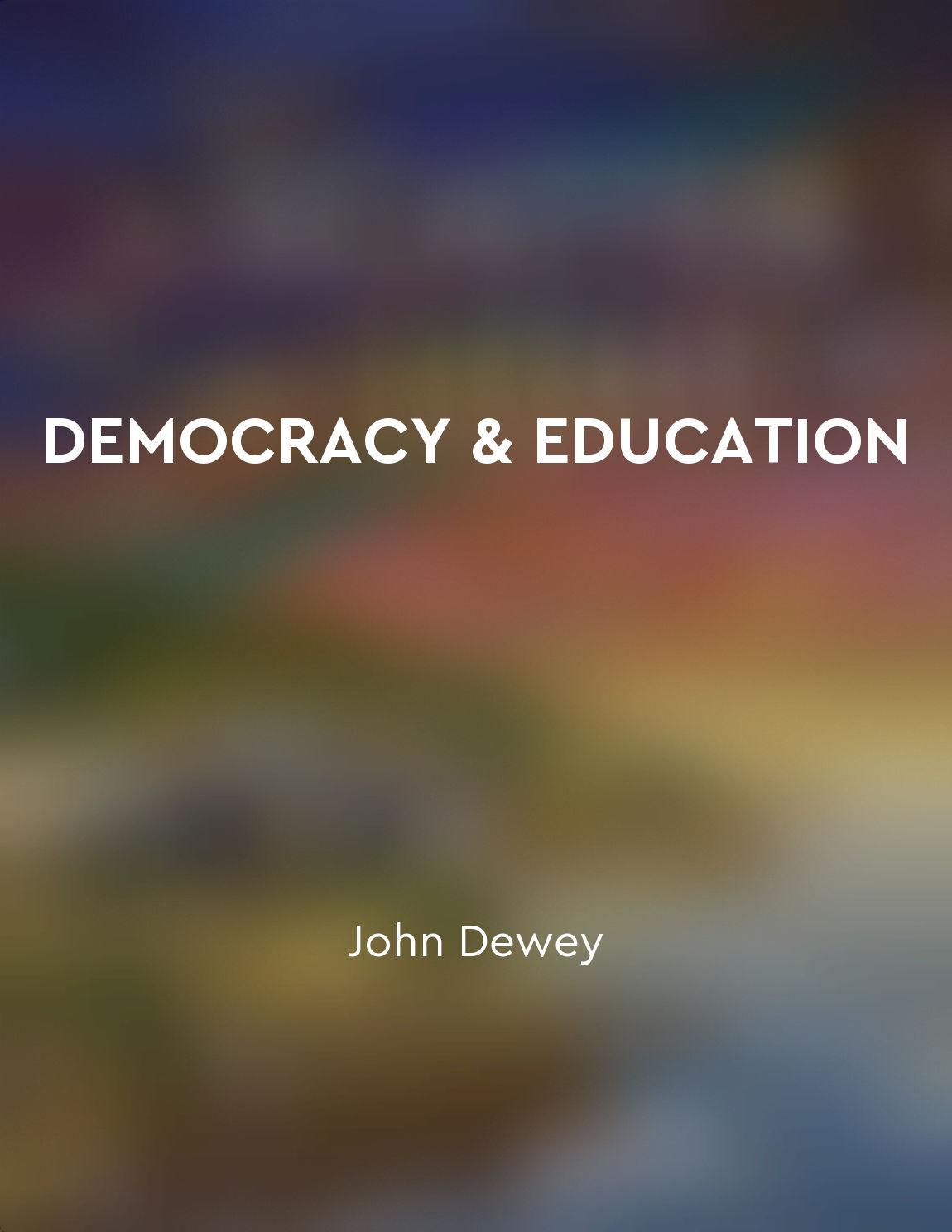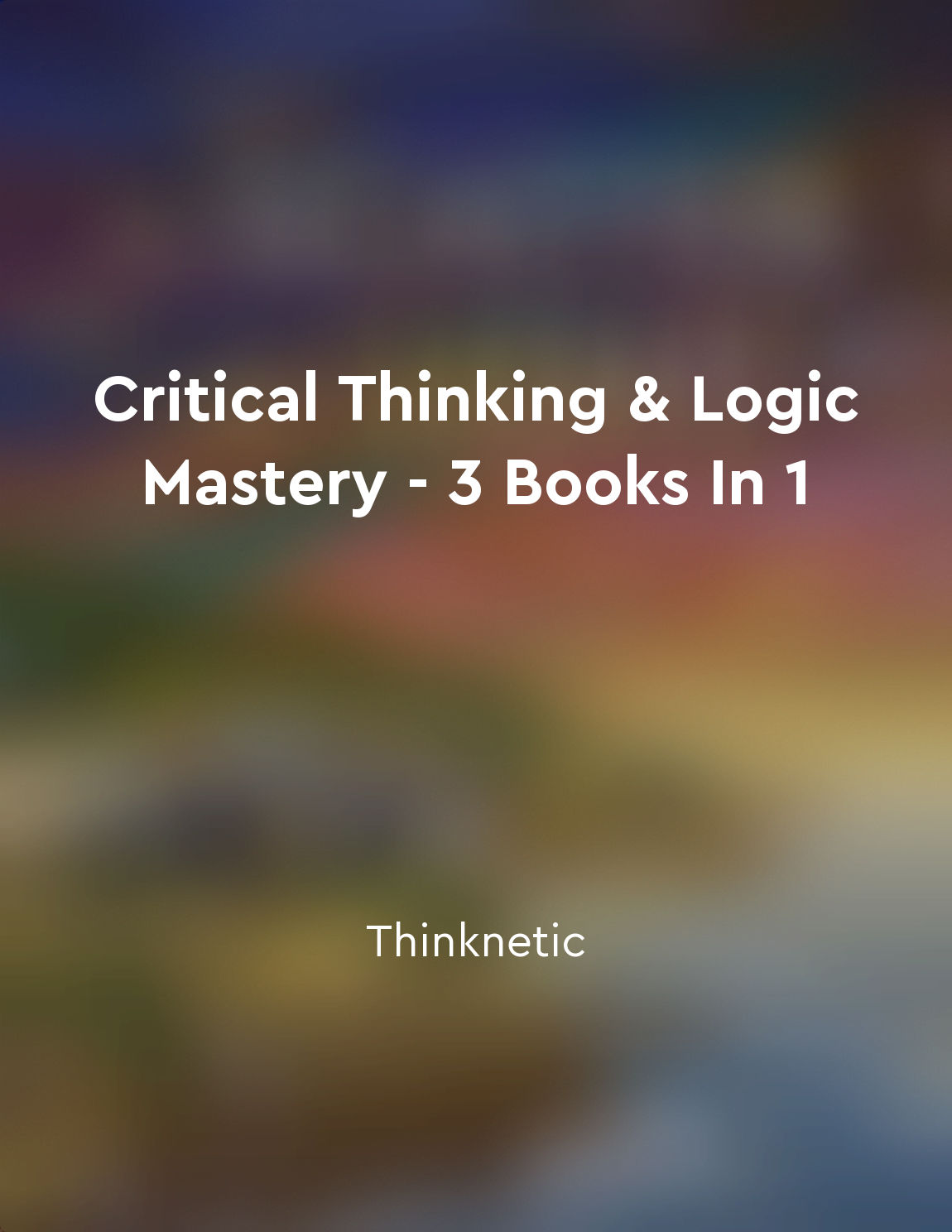Teach children to think critically from "summary" of Teaching Kids to Think by Darlene Sweetland,Ron Stolberg
Teaching children to think critically involves helping them develop the skills necessary to analyze information, make informed decisions, and solve problems effectively. It is about encouraging them to question assumptions, consider different perspectives, and evaluate evidence before forming opinions or making judgments. One way to foster critical thinking in children is to teach them how to ask thoughtful questions. By encouraging them to think about why things are the way they are, how they work, and what might happen if certain actions are taken, you can help them develop a curious and inquisitive mindset. This can lead to deeper understanding and more meaningful learning experiences. Another important aspect of teaching children to think critically is helping them develop the ability to evaluate information. In today's digita...Similar Posts

Developing effective study habits is key
To succeed as a student, one must understand the importance of developing effective study habits. This concept is not merely a ...
We must confront the legacy of colonialism and imperialism
The brutal legacies of colonialism and imperialism continue to haunt us in the present day. These systems of domination and exp...
Promote empathy and understanding towards others
The key to healthy relationships lies in our ability to understand and empathize with others. By putting ourselves in someone e...
Municipal governments play a crucial role in community development
Municipal governments are the most immediate form of government for most people. They are the level of government closest to th...
Applying logical principles in everyday life
The application of logical principles in everyday life is essential for making sound decisions and solving problems effectively...
The media plays a role in disseminating misinformation
In the current media landscape, the lines between fact and fiction have become increasingly blurred. The rise of social media p...
Writing can lead to personal growth and selfdiscovery
Writing has the power to transform individuals by providing an avenue for self-reflection and exploration. Through the act of w...

Democracy relies on educated voters
One of the key components of a functioning democracy is the presence of educated voters. Without a population that is well-info...
Boosts exam confidence
The concept of boosting exam confidence is crucial for students preparing for their Class 7 English exams. When students feel c...

Relying on evidence leads to more sound conclusions
When it comes to making conclusions or decisions, it is crucial to rely on evidence rather than on assumptions or emotions. Evi...

